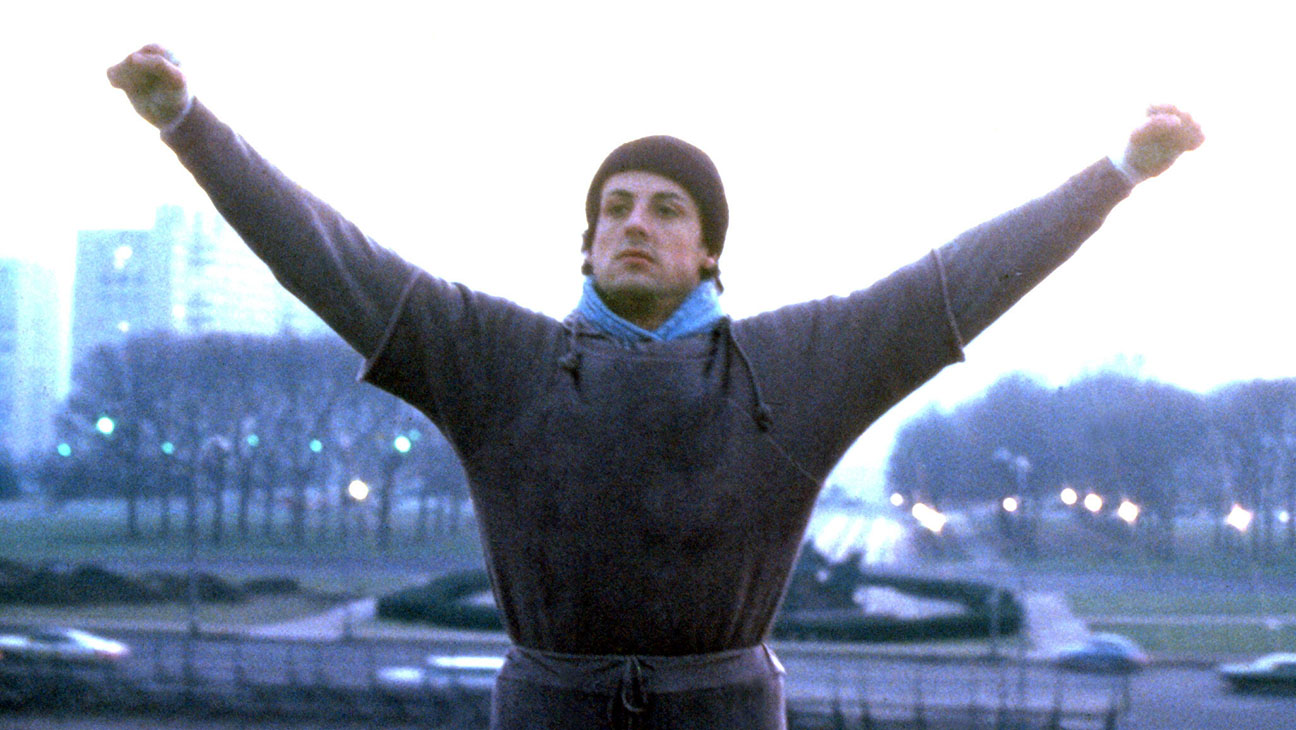Only a handful of movies throughout cinematic history have attained the legendary standing held by Rocky, the 1976 sports drama both penned by and featuring Sylvester Stallone. Far exceeding a mere boxing film, Rocky has grown to represent individual victory, connecting with viewers across diverse cultures and eras. To grasp why this character and his tale persistently motivate, one must delve into several crucial elements: the underdog storyline, its genuine nature, its societal influence, and the movie’s connections to real-life situations.
The Underdog Narrative: Embodying Hope and Grit
At the core of Rocky is the enduring charm of the underdog narrative. Rocky Balboa, a minor club boxer hailing from Philadelphia, receives a once-in-a-lifetime opportunity to contend against the current heavyweight champion, Apollo Creed. His origins are modest; he resides in a dilapidated apartment, earns a living as a debt collector, and harbors aspirations for a grander existence. Notwithstanding his limited means, he confronts challenges with unwavering determination.
This story reflects the personal challenges many individuals encounter. Audiences connect with Rocky’s path as it illustrates real-life situations where dedication surpasses inherent ability or advantage. He states, “It ain’t about how hard you hit. It’s about how hard you can get hit and keep moving forward.” This particular statement embodies the movie’s core message and explains why the protagonist serves as an emblem of individual success.
Authenticity: Rocky’s Realism Resonates
Unlike typical Hollywood heroes, Rocky is flawed, vulnerable, and wholly authentic. He struggles with self-doubt, relationships, and competence. The audience witnesses his awkward romance with Adrian, his fractured relationship with his friend Paulie, and his struggle for respect both inside and outside the ring. There are no shortcuts to his success—every achievement is hard-earned.
Furthermore, Stallone’s own journey while creating and starring in Rocky mirror’s his character’s. Stallone, then an unknown actor, refused to sell the script unless he played the lead, eventually making the film on a modest budget. The behind-the-scenes story reinforces the film’s central message—through sheer will and resilience, one can overcome overwhelming odds.
Cultural Impact: A Universal Narrative
Rocky’s story transcends borders. The image of him running up the steps of the Philadelphia Museum of Art has become a global symbol of aspiration and accomplishment. The steps themselves were officially nicknamed “The Rocky Steps,” and tourists from around the world recreate the iconic run, celebrating their own personal milestones.
The inspiring theme song, “Gonna Fly Now,” highlights training sequences frequently analyzed and mentioned in film studies, advertising, sports, and public gatherings. Sportspeople, business owners, and ordinary people acknowledge the movie’s influence on their personal pursuits of greatness. Many actual instances demonstrate individuals gaining inspiration from Rocky’s story—marathon participants enduring rigorous training, students overcoming challenges, and countless others relating to Rocky’s unwavering determination.
Insights into Perseverance and Confidence
The true nature of Rocky’s triumph is not in winning the fight; in fact, he loses the match by split decision. His victory is found in going the distance, achieving something thought impossible, and redefining what personal success means. The film subverts the traditional sports narrative of simple victory, instead spotlighting self-mastery and inner fulfillment.
Multiple sequels continue to explore these themes, each presenting Rocky with ever-changing challenges—aging, loss, and legacy—demonstrating that personal triumph is ongoing, never static. This nuance distinguishes Rocky from one-dimensional heroic tales.
The Legacy of Rocky as Personal Triumph
The enduring impact of Rocky is apparent across education, commerce, and even psychological studies. Scholarly articles examine the character’s mental fortitude as a prime example of perseverance. Inspirational workshops cite his resolve as a model for overcoming anxieties and self-doubt. The commercial triumph and critical recognition of the Rocky series (with the initial movie securing three Academy Awards, including Best Picture) solidify its position in collective awareness.
Through its authentic portrayal of struggle, grounded realism, and universal appeal, Rocky remains more than just a film: it is a cultural touchstone that encourages individuals to find strength in adversity. The narrative reminds us that personal triumph is less about applause and more about the courage to persevere, inspiring others to confront their own challenges, regardless of the odds stacked against them.




